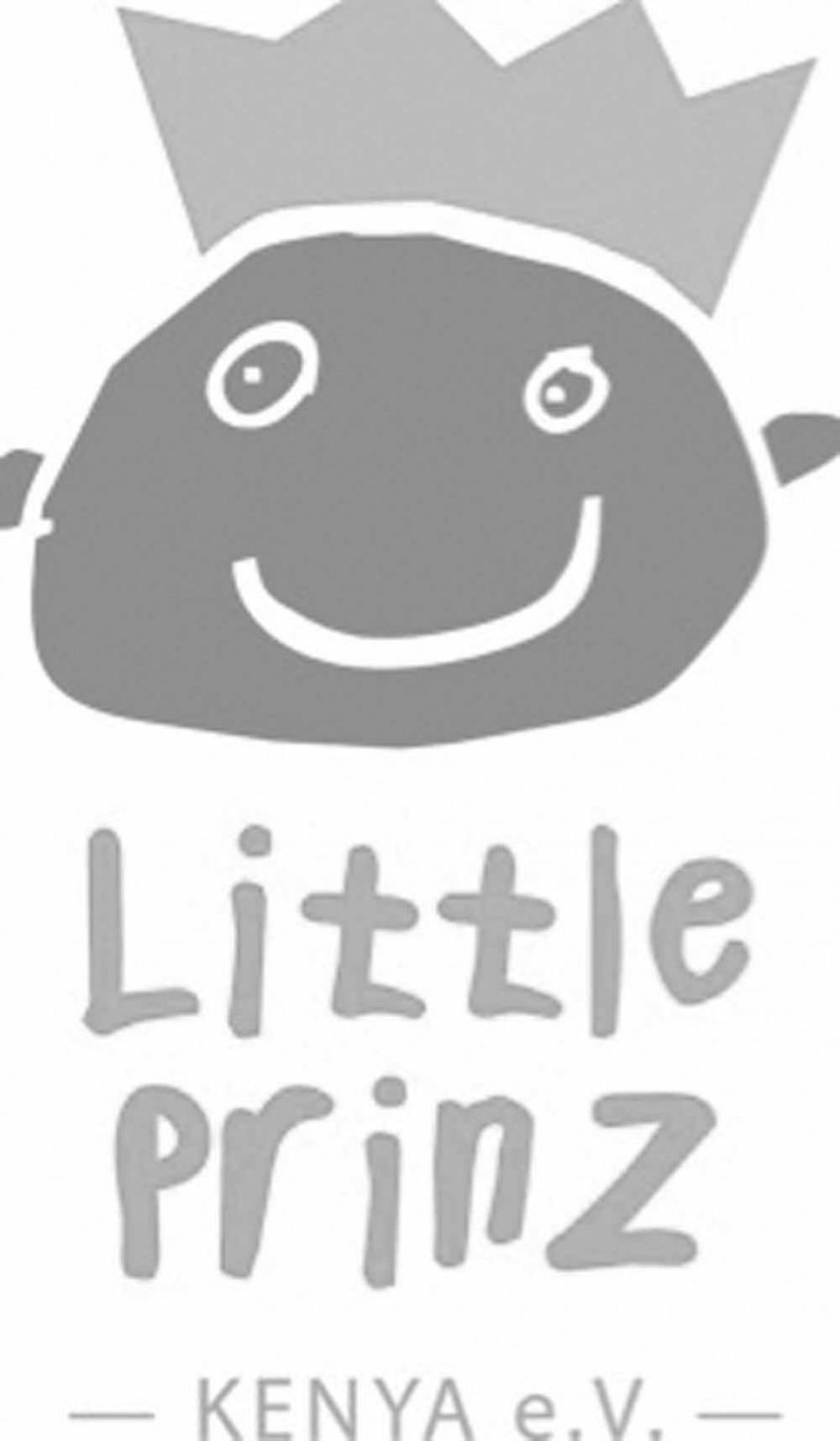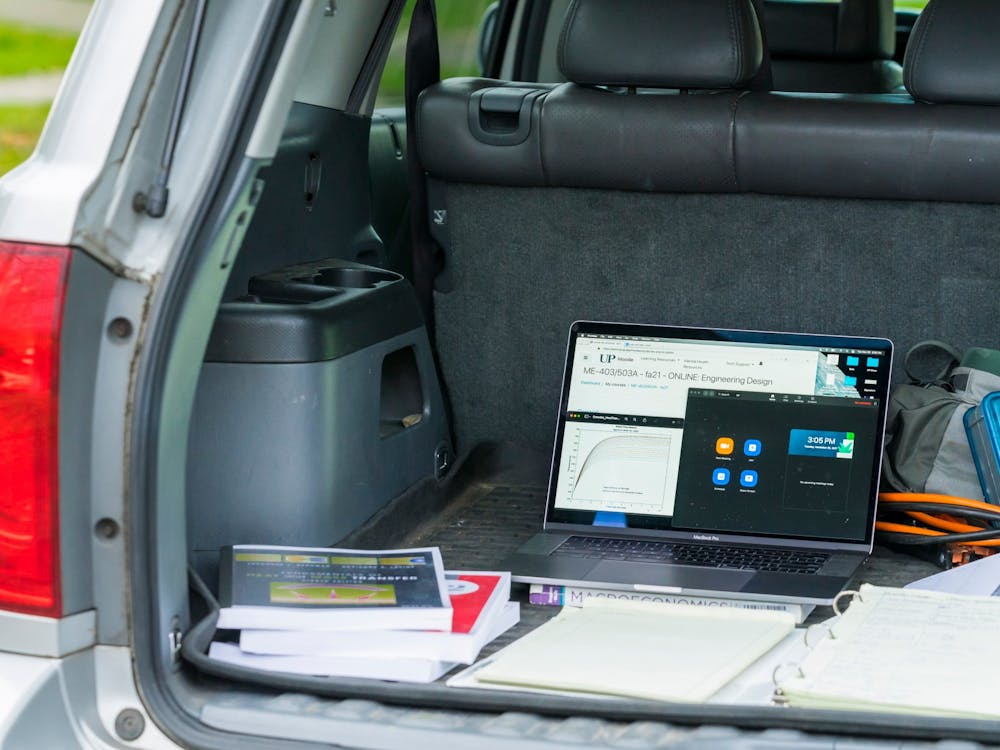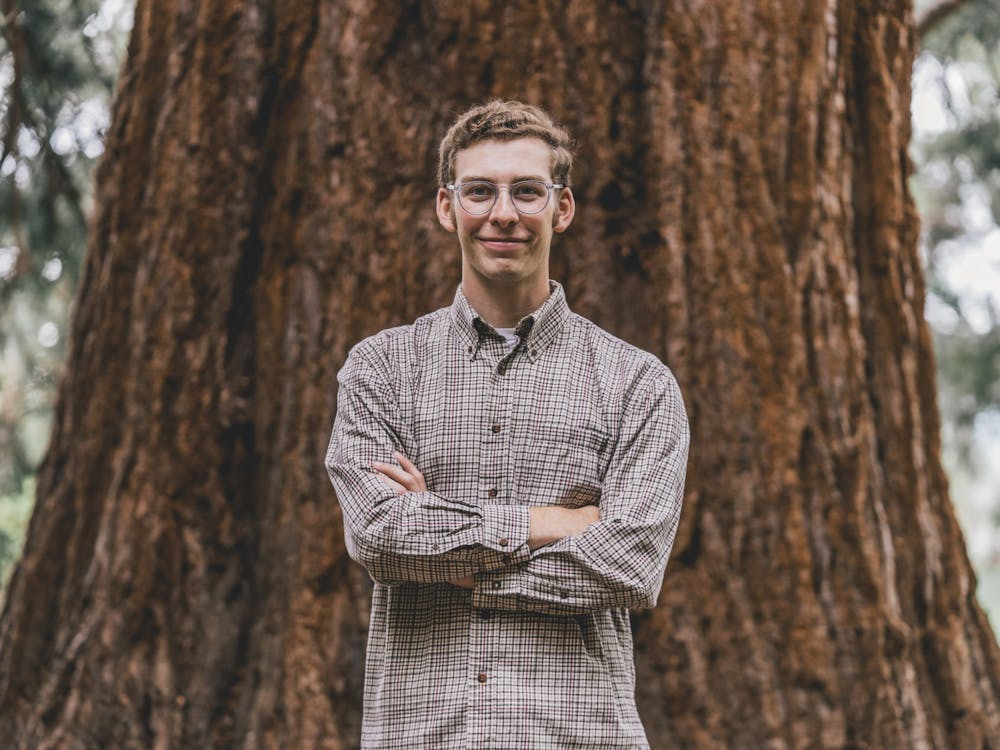(The Beacon)
By Little Prinz Children's Help Project, Guest Commentary -- The Beacon
Africa is the world's second most populous continent, and its 61 nations are home to 1 billion of the earth's inhabitants. Located on the east coast, Kenya borders the Indian Ocean and neighbors Tanzania and Somalia. Kenya is only twice the size of Nevada but there are over 40 million people living within the country's borders. Forty million can be a hard number to visualize, but even harder to imagine is that the median age is a mere 18.8 years. Can you picture yourself living in a country where 42 percent of the people who live there are under 14 years old? It's statistics like these that make you wonder about a country's future welfare, but also its potential.
Last Sunday Taylor woke up at 5 a.m., reached for his laptop and opened it to Skype with his dear friend Collins Lumumba. Collins tilted the webcam to show Taylor his adopted son Lorenzo, a chubby-cheeked, havoc-wreaking two year old. This is a completely different Lorenzo from when Taylor and Collins first met in June 2010. Nine months ago, Collins and his best friend Lewis Oyemba founded Lorenzo through the outreach work of the child welfare organization that they founded together. At the time, Lorenzo was 18 months old and weighed just under 10 lbs, which put him in the bottom of the fifth percentile of weight for his age.
Both of his parents were victims of the HIV epidemic and after their death Lorenzo was cared for by his extended family. He became another mouth that needed to be fed, and unfortunately there was not enough for him to eat. He was malnourished, had intestinal parasites and his toes and fingers were covered with jigger, a flesh-eating flea. Thanks to the care and attention of Collins, Lorenzo is now a healthy, walking, 28 lb. boy.
Lorenzo is just one of 2.5 million orphaned children in Kenya according to UNICEF. In the poorest and least developed region of Kenya, Western Province, the HIV epidemic has left many children without a supportive and healthy family environment. Since there is no foster care system in place, these children lack that important safety net and are forced to be taken in by whoever can care for them. While Taylor was interning in Kenya last summer, he realized we could no longer turn a blind eye to this problem. Recognizing the need for an interim place where children could be taken in and treated until they were healthy and adopted, he, along with four friends, formed the Little Prinz Children's Help Project. Created with a holistic approach to child welfare, Little Prinz will operate as a children's home for vulnerable children whose current situations put their health and welfare at risk while also providing vital support to young mothers and their children in the home.
But what will these children do with their healthy lives once they leave the home? It is our hope that they receive education and learn trades in order to support themselves and their future families. We hope that these young leaders will invest in their communities and East Africa, helping to foster organic sustainable development through supporting local East African cooperatives. In Kenya and many other developing countries, it is hard for farmers and small businesses to compete with larger companies in the world's economy. Fair trade is a solution that can have a tremendous impact on helping these people earn a living. By paying fair prices to producers in developing countries, they can provide for themselves and their loved ones.
This is why Little Prinz is partnering with the Fair Trade Club to put on a film screening and bake sale Feb. 22 at 7 p.m. in Mago Hunt. Will you join us in making the Little Prinz Children's Help Project a reality? The future of Africa, the future of Kenya and the future of a just and hospitable world lay in the hands of the youth. Help us to change the lives of the next generation and ensure that they have the same childhood we so lovingly cherished ourselves.
This article was jointly written by Taylor Bergmann (bergmann12@up.edu) Daniel Boettcher (boettche12@up.edu) Danielle Knott (knott14@up.edu) Lindsey Morris (morrisl14@up.edu).








